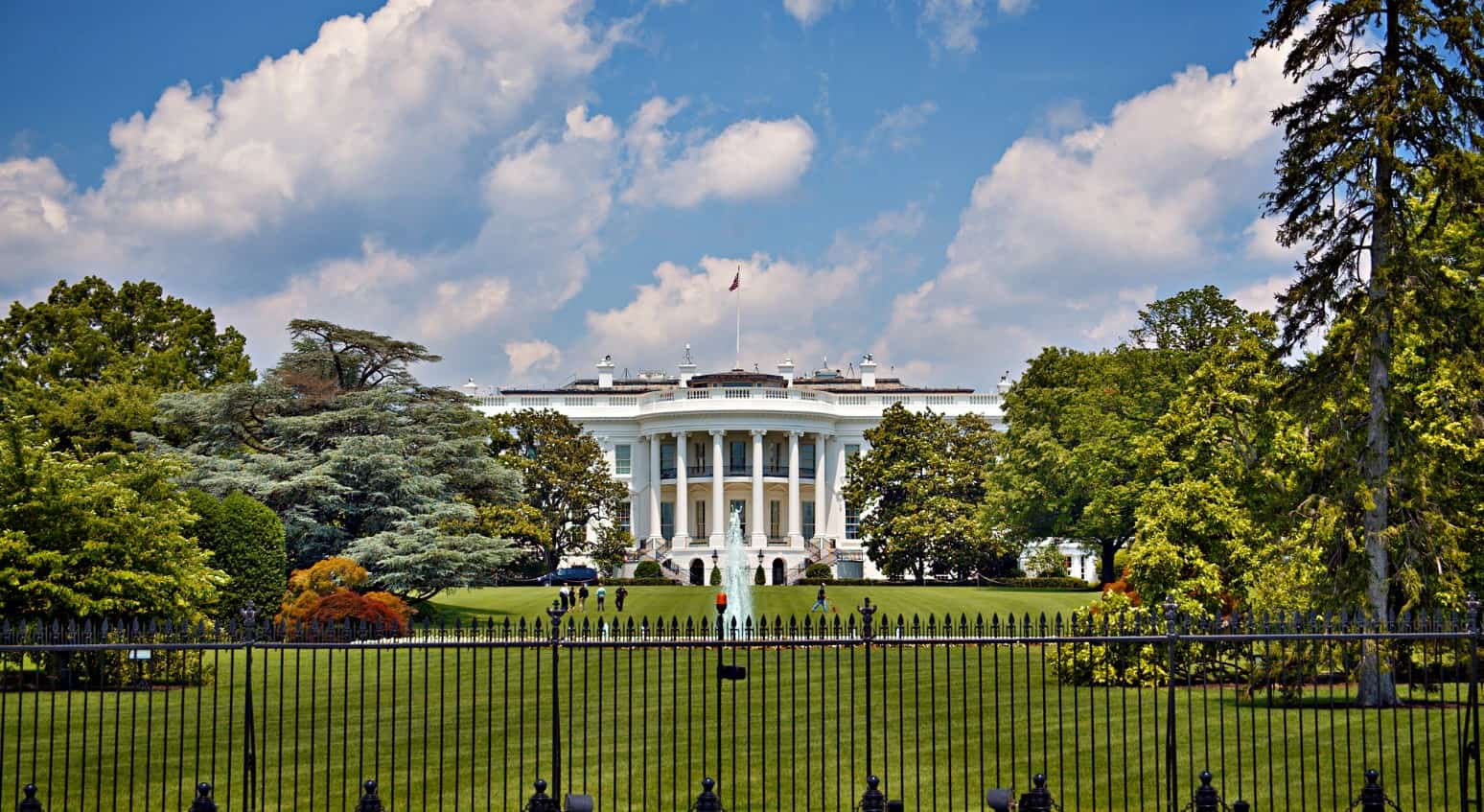U.S. President Joe Biden’s administration will press Congress to demand cryptocurrency exchanges keep their customers’ money separate from their own corporate funds, according to a person familiar with the plan that could constrain the way the industry does business.
Spurred by Coinbase’s (COIN) recent disclosure that customers’ money would be jammed up if the company declared bankruptcy, federal officials intend to push U.S. lawmakers to fix the problem by insisting that a future legal framework require crypto firms keep customer assets walled off. That type of custodial rule is standard for financial firms such as futures platforms, but crypto exchanges routinely mingle their funds with customers’ holdings in the same pot – a situation the administration wants to see ended by legislation. The securities industry commonly commingles funds, but the investments are also more heavily regulated.
Federal officials will push in the coming weeks to put the change into any crypto bill considered by Congress, the person said, building on a contention last year in the President’s Working Group on Financial Markets report on stablecoins: Companies that host crypto wallets need close federal oversight. The administration thinks the trading platforms should still permit pooling of customers’ assets, allowing the companies to keep managing trades internally rather than having to put each move on a blockchain.
Coinbase, a publicly traded company that is one of the industry’s largest exchanges, admitted in a filing to the Securities and Exchange Commission last week that “in the event of a bankruptcy, the crypto assets we hold in custody on behalf of our customers could be subject to bankruptcy proceedings and such customers could be treated as our general unsecured creditors.”
That’s the bottom rung of people paid back when a company fails, suggesting a misstep by Coinbase could indefinitely lock up clients’ tokens – or funnel them away to pay other creditors.
“Don’t think you actually own your tokens when you go into a digital wallet,” Securities and Exchange Commission (SEC) Chair Gary Gensler said at a conference this week, underlining some of the federal government’s concerns about custody of investors’ assets. “If the platform goes down, guess what, you just have a counterparty relationship with the platform. Get in line in bankruptcy courts.”
When a firm takes a customer’s tokens, they can use them as they will, Gensler pointed out. In fact, the exchanges are “often trading against you,” he said. And since customers lost billions in the wreckage of Luna’s algorithmic stablecoin, terraUSD (UST), his investor-protection advocacy could gain momentum.
“Congressional Democrats will follow his lead and escalate their calls for greater oversight,” predicted Jaret Seiberg, a Washington-based analyst at Cowen Group, Inc., in a research note this week. “The troubles with TerraUSD and the drop in crypto valuations will make it politically more challenging for Republicans to effectively oppose Gensler’s policy agenda.”
For its part, Coinbase – staggered by a loss of more than 80% in its share price since last year – assured its nervous customers and investors that the distressing splash of its SEC filing wasn’t meant to signal anything about its prospects.
Founder and CEO Brian Armstrong said that the disclosures were merely responding to a new SEC requirement, and his company isn’t in danger of filing for bankruptcy protection.
For now, crypto’s leading platforms – also including names such as Binance.US, FTX and Kraken – don’t need to strain themselves to meet the administration’s push for a custody rule. A closely divided and essentially immobile Congress isn’t likely to produce legislation this year, especially as lawmakers gear up for the bloody arena of the midterm elections in November. The most optimistic guesses see a crypto bill getting traction when the dust settles on the new Congress next year.
But not everybody sees fencing off customers’ money as the best answer.
“Instead of focusing on the lack of client asset segregation at digital asset exchanges, which is also true with securities held in ‘street name’ at DTCC, legislators should work on a Digital Asset Investor Protection Act that mirrors the Securities Investor Protection Act,” said Dave Weisberger, co-founder and CEO of CoinRoutes, Inc. It could give investors “primary status in bankruptcy proceedings,” and it could also set up a backstop fund to cover losses like the one securities investors have.
For others, a law banning firms from blending customers’ assets with their own would still represent a bare minimum for those calling for rigorous investor safeguards.
“There is a lot more that has to be done,” said Patrick McCarty, a financial consultant and former regulator who teaches crypto classes at Georgetown Law. He said segregated accounts would be “a significant step forward” but argued strict regulations and a deeper overhaul of the business model are needed to return to crypto’s founding ideas about recording every transaction on an indelible public ledger.
“Why would one advocate for a band aid – albeit significant – when it looks like major surgery is needed to protect investors?” McCarty said.

